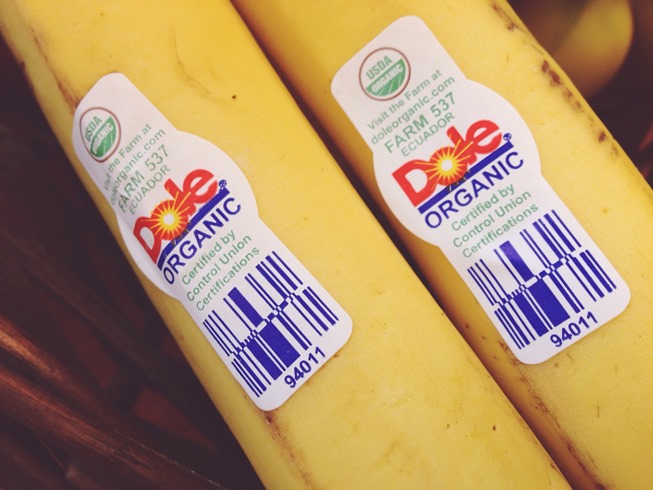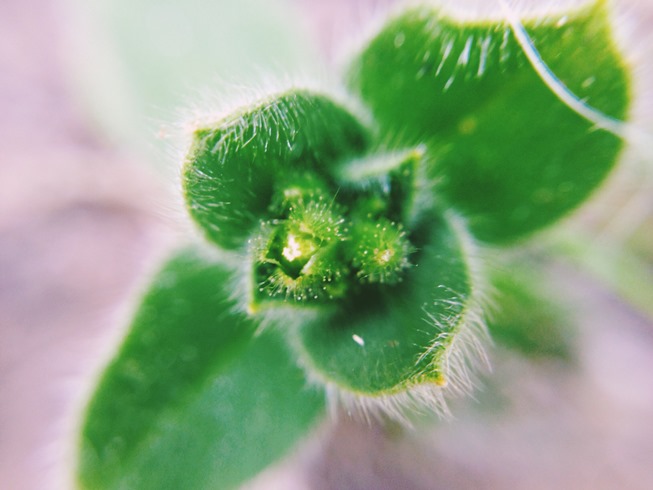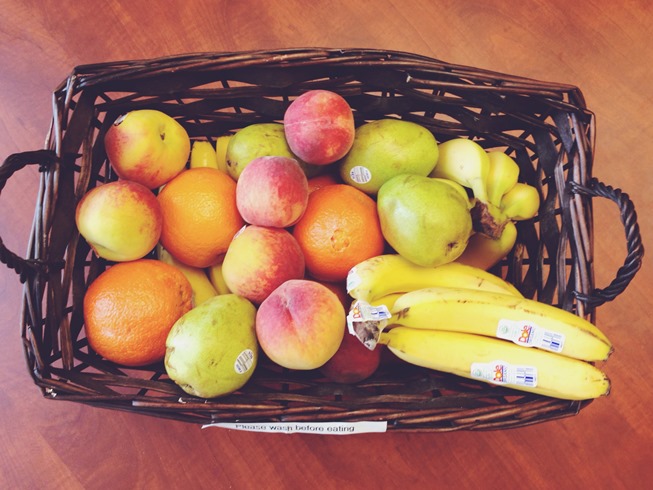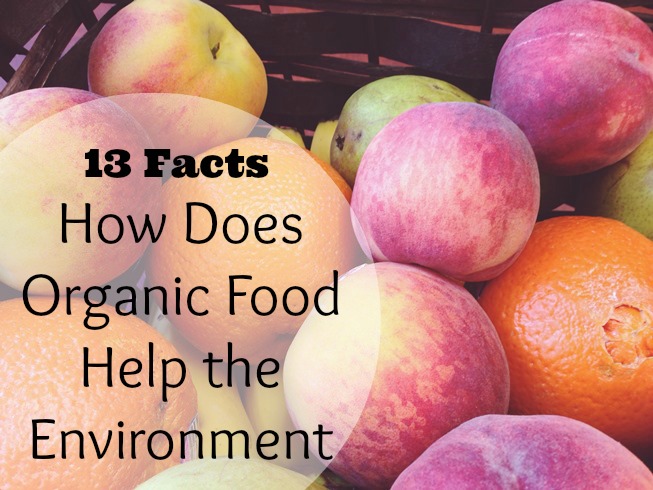Organic food is great for your health. But did you know that it is also great for the health of the environment? If not, we are here to tell you how does organic food help the environment. Check out our long list, below.
How Does Organic Food Help the Environment
1. It reduces runoff of chemical fertilizers, which can contaminate water sources and kill marine life.
2. Reduction in usage of machinery and equipment can lower the overall carbon footprint of the harvest and the farm.
3. Not using sprays on crops means that overall air quality is improved. It can also mean that other nearby birds, plants, and animals are better protected.
4. Not using pesticides on crops means that pesticide residues are not present on our food, or the food our family eats.

5. Any and all organisms living in the soil remain in the soil while organic farming takes place. They are not killed or harmed.
6. Workers in the fields and on the farms are not exposed to possibly toxic chemicals.
7. Organic farming allows the farm to thrive as a part of the local ecosystem, and does not hinder it.
8. Organic crops are most often produced and sold in the local area. This can reduce the miles that your food travels from field to fork. A shorter journey can mean fresher, better food, and lowered carbon emissions.

9. Lowered carbon emissions in organic farming can help fight global warming.
10. The practices employed in organic farming do not deplete nutrients in the soil. The soil will remain happy and healthy, meaning the area is less likely to experience erosion of topsoil through wind.
11. Organic farming does not use “GMOs.” GMOs are quite common in industrial and large scale farming. These plants have been genetically altered to resist pests, diseases, and conditions. As of right now, we still do now know that the overall effect of these crops may be on the environment, or on our bodies.
12. Fertilizer runoff can cause algae blooms. These blooms can harm marine life. Swimmers, boats, and other water-based activities cannot go on while an algae bloom is happening. This can result in not only the death of wildlife, but loss of tourism dollars.
13. When animals are raised on an organic farm, they are exposed to fewer chemicals. They also live happier, healthier lives.

